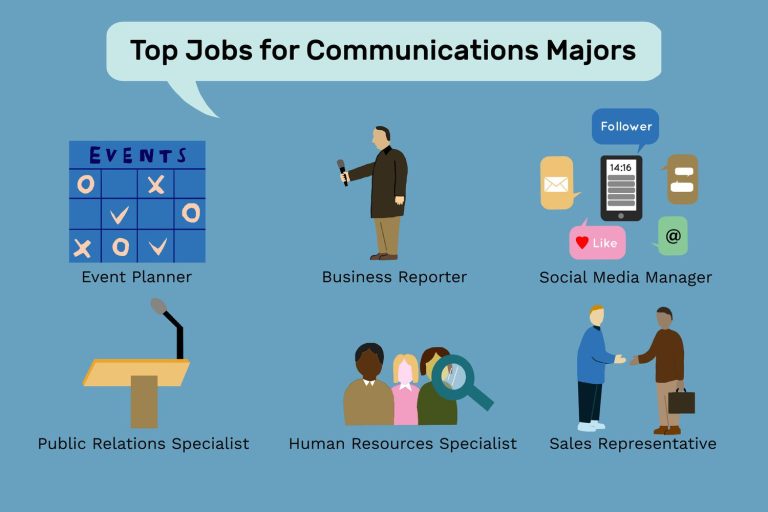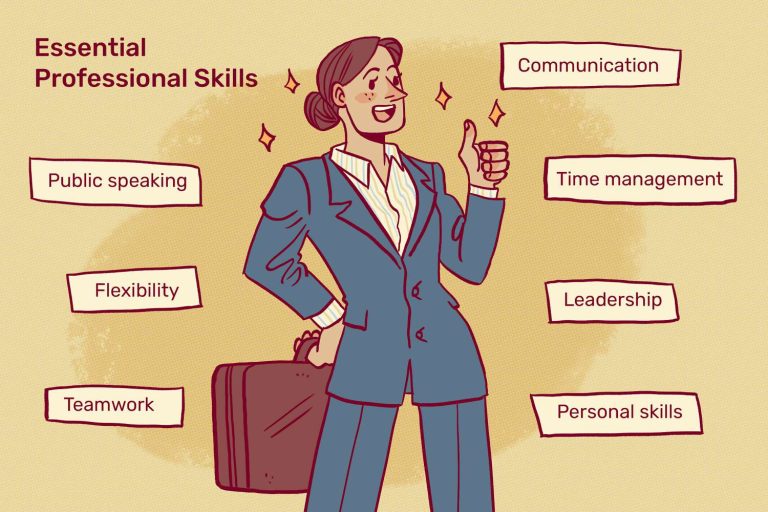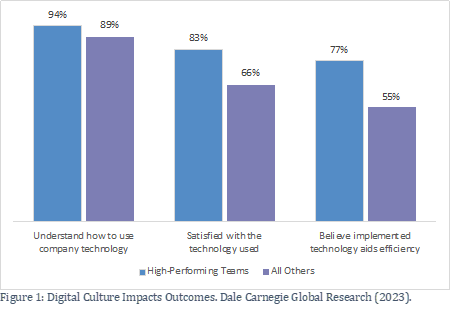What Is Your Greatest Weakness?
Identifying and acknowledging one’s weaknesses is a crucial step in personal and professional growth. While it may be challenging to confront our weaknesses, doing so allows us to develop strategies to overcome them and become the best version of ourselves. In this article, we will explore the concept of weakness, why it is important to recognize, and how to address and improve upon our weaknesses.
Understanding Weakness
To begin with, it’s essential to clarify what we mean by weakness. A weakness is considered an area where an individual lacks skill, knowledge, or ability compared to others. It can manifest in various aspects of our lives, such as our work, relationships, or personal development. Identifying weaknesses can be uncomfortable, but it’s an integral part of self-awareness and improvement.
The Importance of Recognizing Weaknesses
Recognizing our weaknesses offers several benefits. Firstly, it enables us to identify areas for improvement. Once we acknowledge our weaknesses, we can focus on developing the necessary skills or seeking help to address them effectively.
Secondly, recognizing our weaknesses allows us to build stronger relationships. By being honest about our areas of improvement, we foster an environment of trust and vulnerability, enabling others to support us in our growth journey. Additionally, it shows that we value self-improvement and are open to feedback, which can greatly enhance our personal and professional relationships.
Addressing and Improving Weaknesses
Now that we understand why recognizing weaknesses is essential, let’s explore some strategies to address and improve upon them:
1. Self-reflection
Take time for self-reflection to identify and assess your weaknesses. Be honest with yourself and consider how these weaknesses impact your life and goals. Understanding the root causes of your weaknesses will help you develop effective strategies to overcome them.
2. Seek Feedback
Ask for constructive feedback from trusted individuals, such as mentors, colleagues, or friends. Their external perspective can provide valuable insights into areas where you may be lacking or need improvement. Remember to be open-minded and receptive to feedback, as it can be instrumental in your growth journey.
3. Set Specific Goals
Once you have identified your weaknesses, set specific and achievable goals to address them. Break the goals into smaller, manageable steps, and create a timeline for each. This approach allows you to track your progress and stay motivated.
4. Continuous Learning
Take advantage of learning opportunities that directly relate to your weaknesses. This might involve enrolling in courses, attending workshops, or seeking guidance from experts in the field. Continuous learning not only helps you develop new skills but also improves your confidence in overcoming weaknesses.
5. Leverage Strengths
While it’s crucial to address weaknesses, it’s equally important to leverage your strengths. By focusing on your strengths, you can contribute more effectively in areas where you excel, which can offset the impact of your weaknesses. Recognize that everyone has strengths and weaknesses, and the key is to find a balance.
6. Practice Self-compassion
Improving weaknesses can be a challenging process. Remember to practice self-compassion and be patient with yourself. Acknowledge that growth takes time and effort, and setbacks are part of the journey. Be kind to yourself and celebrate even the small victories along the way.
Frequently Asked Questions For What Is Your Greatest Weakness?
Faq 1: What Are Common Weaknesses And How Do I Identify Them?
Identifying common weaknesses involves self-reflection, feedback from others, and recognizing patterns of challenges in your work or personal life.
Faq 2: How Can I Overcome My Greatest Weakness?
Overcoming your greatest weakness requires self-awareness, setting goals, seeking support, and developing strategies to improve and grow in that area.
Faq 3: Should I Mention My Greatest Weakness During A Job Interview?
It is generally advised to mention a weakness during a job interview, but focus on how you have taken steps to address and improve it, demonstrating your commitment to personal growth and development.
Conclusion
Discovering and addressing our weaknesses is essential for personal and professional growth. By recognizing areas for improvement, seeking feedback, and implementing strategies to overcome our weaknesses, we can embark on a journey of self-improvement and become the best version of ourselves. Embrace the opportunity for growth, as it is through our weaknesses that we find our greatest strengths.


